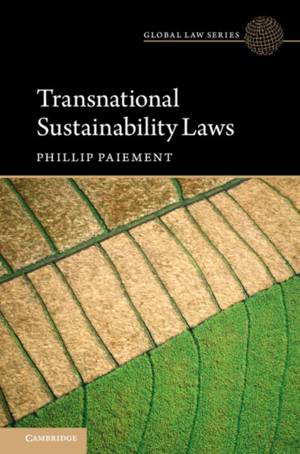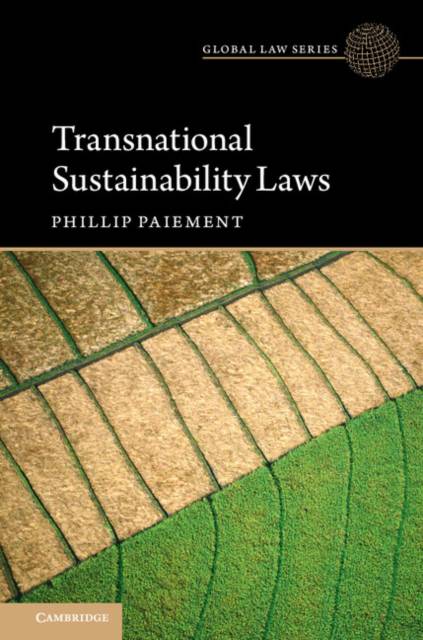
- Afhalen na 1 uur in een winkel met voorraad
- Gratis thuislevering in België vanaf € 30
- Ruim aanbod met 7 miljoen producten
- Afhalen na 1 uur in een winkel met voorraad
- Gratis thuislevering in België vanaf € 30
- Ruim aanbod met 7 miljoen producten
Zoeken
€ 44,95
+ 89 punten
Omschrijving
Transnational standards related to the environmental and social sustainability of production processes are becoming commonplace governance tools in the global economy. This book demonstrates how sustainability standards serve two fundamentally different functions: coordination and regulation. Standards can coordinate like-minded businesses in an industry by demarcating common sustainability commitments to distinguish between sustainable and unsustainable sectors of the industry. Yet, standards can also regulate businesses, requiring them to change production and trade practices to align with the sustainability demands of third-parties, including trading partners, advocacy groups, consumers and other civil society constituencies. These two functions reflect the private and public lenses, respectively, through which legal scholars can assess standards as transnational sustainability laws. With key case studies in forestry standards, palm oil standards, and the ISEAL Alliance, this book demonstrates how socio-legal analyses of transnational rulemaking inform debates about global administrative law and the constitutionalization of the global economy.
Specificaties
Betrokkenen
- Auteur(s):
- Uitgeverij:
Inhoud
- Aantal bladzijden:
- 358
- Taal:
- Engels
- Reeks:
Eigenschappen
- Productcode (EAN):
- 9781108405997
- Verschijningsdatum:
- 23/11/2017
- Uitvoering:
- Paperback
- Formaat:
- Trade paperback (VS)
- Afmetingen:
- 163 mm x 234 mm
- Gewicht:
- 494 g

Alleen bij Standaard Boekhandel
+ 89 punten op je klantenkaart van Standaard Boekhandel
Beoordelingen
We publiceren alleen reviews die voldoen aan de voorwaarden voor reviews. Bekijk onze voorwaarden voor reviews.











